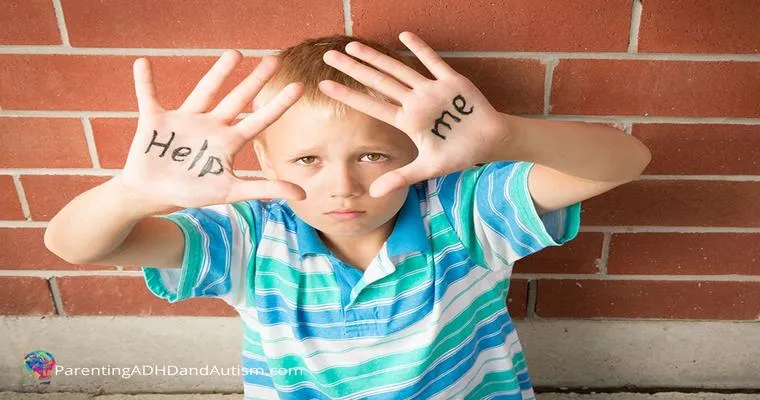Yelling at the "elderly" is not only disrespectful but can also have significant emotional and psychological effects. Many individuals find themselves in situations where they must defend a "parent" or an elderly loved one from harsh treatment. The challenge of caring for aging parents can bring out intense feelings, prompting some caregivers to react in ways they might later regret. Understanding the implications of yelling at the elderly and navigating these complex emotions is crucial for maintaining healthy relationships.
When we think about the "elderly", we often reflect on their contributions to society and the wisdom they've accumulated over the years. However, as they age, some may experience cognitive decline or physical limitations, which can be frustrating for those caring for them. It is essential to approach these situations with compassion and patience rather than raising our voices. Yelling can exacerbate feelings of confusion and anxiety in elderly individuals, leading to a breakdown in communication and trust.
Many caregivers face the dilemma of defending their parents in public or in private situations. A common scenario arises when a stranger or even a family member exhibits impatience or frustration toward an elderly individual. In these moments, it becomes necessary to step in and advocate for the dignity and respect that every person deserves, regardless of their age. Defending a parent not only protects their emotional well-being but also reinforces the values of kindness and respect within the family unit.
Moreover, it is vital to recognize the long-term effects of shouting at the elderly. Research shows that consistent exposure to aggressive behavior can lead to increased stress levels and mental health issues among older adults. Caregivers should strive to create a calm and supportive environment that fosters open communication. Instead of yelling, consider using techniques such as active listening or gentle redirection, which can lead to more constructive interactions.
In the context of family dynamics, defending a parent can sometimes create tension among siblings or relatives. Disagreements about how to care for an elderly loved one can lead to conflict, making it even more important for family members to unite in their approach. Open discussions about feelings, expectations, and caregiving strategies can help alleviate misunderstandings and build a stronger support system for the elderly individual.
In conclusion, yelling at the elderly is not a productive way to address frustrations and can lead to negative consequences for both the caregiver and the elderly person. By recognizing the importance of compassion, respect, and effective communication, individuals can better navigate the challenges of caregiving. Those who find themselves frequently defending a parent should embrace their role as advocates for dignity and kindness, ensuring that their loved ones receive the care and respect they deserve in their golden years.





